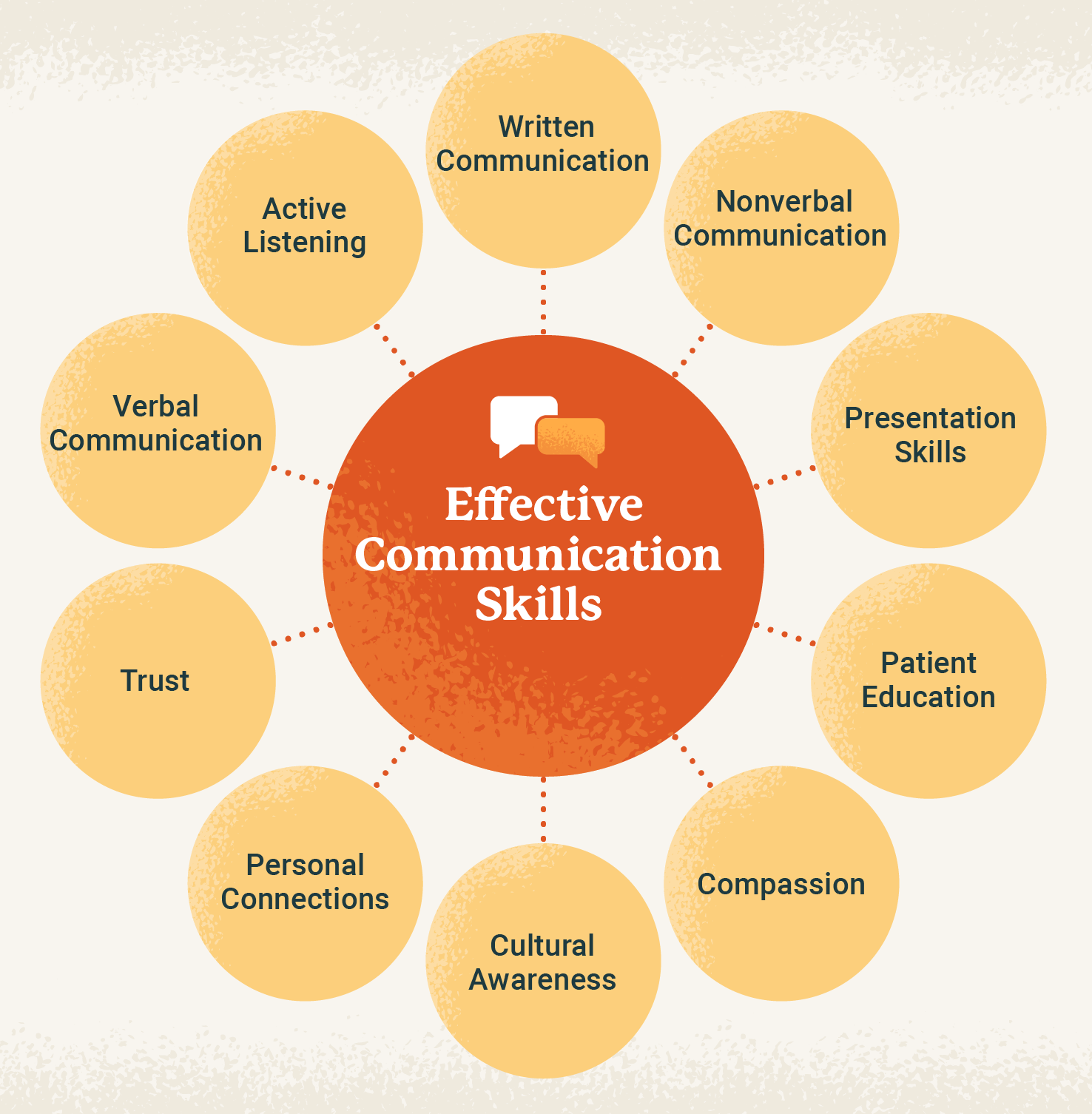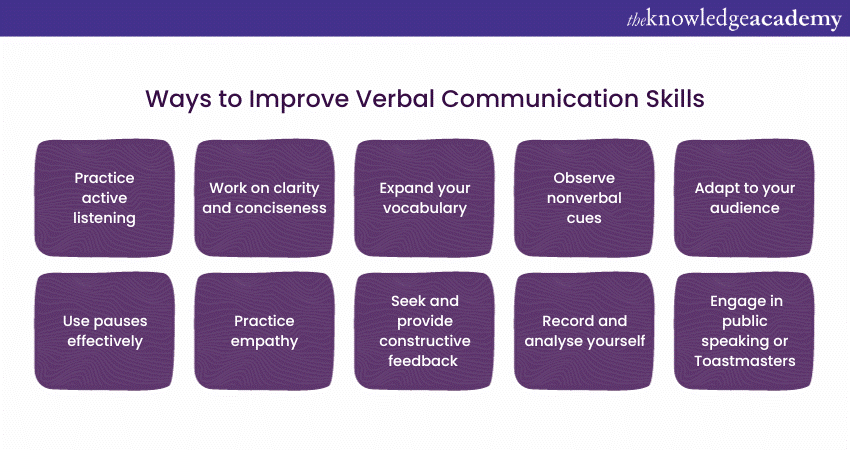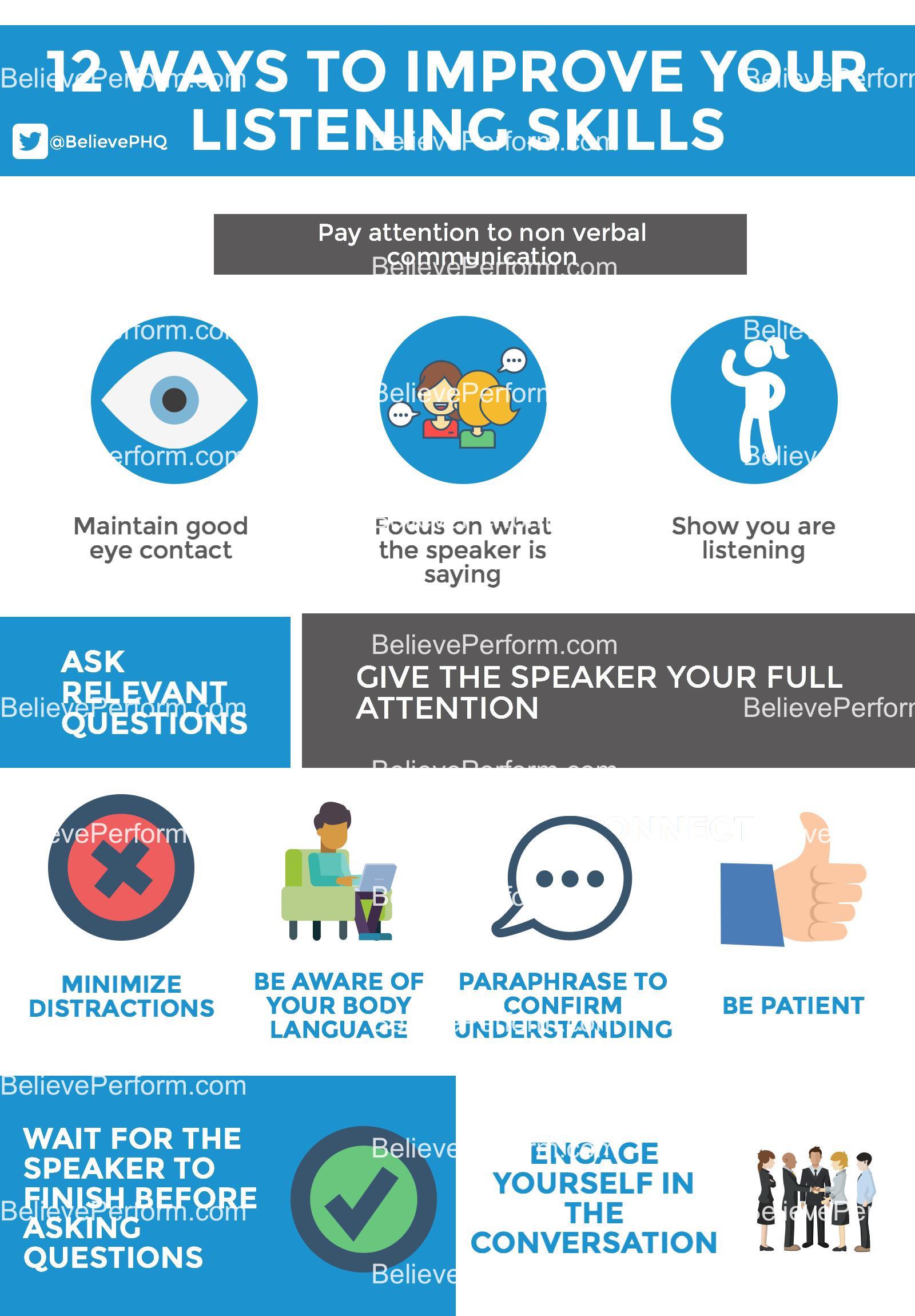How To Improve Listening Skills In Communication
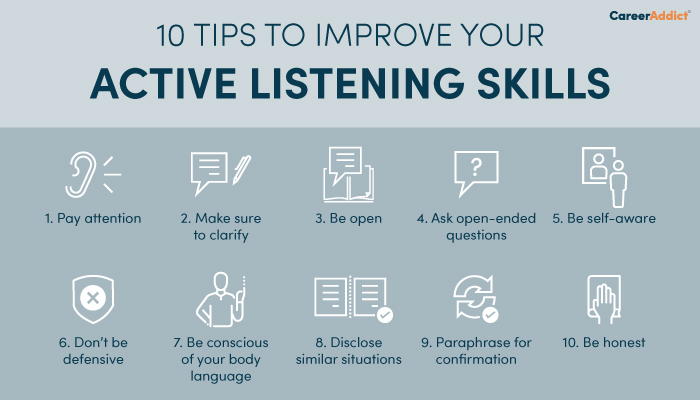
Communication breakdowns plague workplaces and relationships, often stemming from poor listening skills. Experts emphasize active listening as a crucial skill for effective interaction and understanding.
This article provides immediately actionable strategies to enhance your listening abilities, fostering improved communication and stronger connections. Learn how to truly hear and comprehend what others are saying.
Understanding the Listening Deficit
Studies reveal that most people only retain 25-50% of what they hear. This alarming statistic underscores the urgent need for improved listening techniques across all sectors.
Where does this deficit come from? Often, internal distractions, preconceived notions, and the impulse to interrupt impede genuine listening.
The Pillars of Active Listening
Active listening isn't passive hearing. It's a deliberate effort to understand the speaker's message.
1. Pay Attention: Minimize Distractions
Eliminate external distractions: turn off notifications, close unnecessary tabs, and find a quiet environment. Equally important is managing internal distractions: focus on the speaker's words and body language, not your own thoughts.
Non-verbal cues like maintaining eye contact and nodding demonstrate engagement. Avoid fidgeting or interrupting, showcasing respect for the speaker.
2. Show That You're Listening: Verbal and Non-Verbal Cues
Utilize verbal affirmations like "I understand" or "That makes sense." Mirroring the speaker's body language, subtly, can also build rapport and signal attentiveness.
Paraphrasing and summarizing the speaker's points ensures comprehension. This technique also gives the speaker a chance to clarify any misunderstandings.
3. Provide Feedback: Ask Clarifying Questions
Don't be afraid to ask questions, but ensure they are open-ended and encourage further elaboration. Avoid leading questions that steer the speaker toward a specific answer.
Reflecting on the speaker's emotions shows empathy and validates their feelings. For example, you could say, "It sounds like you're frustrated with this situation."
4. Defer Judgment: Listen Before Evaluating
Resist the urge to formulate a response while the speaker is still talking. Focus on understanding their perspective before evaluating their argument. Premature judgment hinders true comprehension.
Separate the message from the messenger. Focus on the content of what is being said, not your personal feelings about the speaker.
5. Respond Appropriately: Empathetic and Thoughtful Responses
Your response should be tailored to the speaker and the situation. Consider their emotional state and adjust your tone accordingly.
Offer empathetic responses that validate their feelings, even if you don't agree with their viewpoint. Avoid interrupting or offering unsolicited advice.
The Impact of Improved Listening
Effective listening enhances relationships, improves team dynamics, and reduces misunderstandings. Companies with strong communication see a 20% increase in productivity.
Individuals who actively listen are perceived as more trustworthy, empathetic, and intelligent. These attributes can lead to career advancement and stronger personal connections.
Next Steps: Continuous Practice and Self-Assessment
Improving listening skills requires continuous effort and self-reflection. Regularly assess your listening habits and identify areas for improvement.
Seek feedback from trusted colleagues or friends to gain an outside perspective. Consider taking workshops or courses on active listening techniques.
By implementing these strategies, individuals can significantly improve their communication skills, fostering stronger relationships and more productive environments. The time to listen is now.


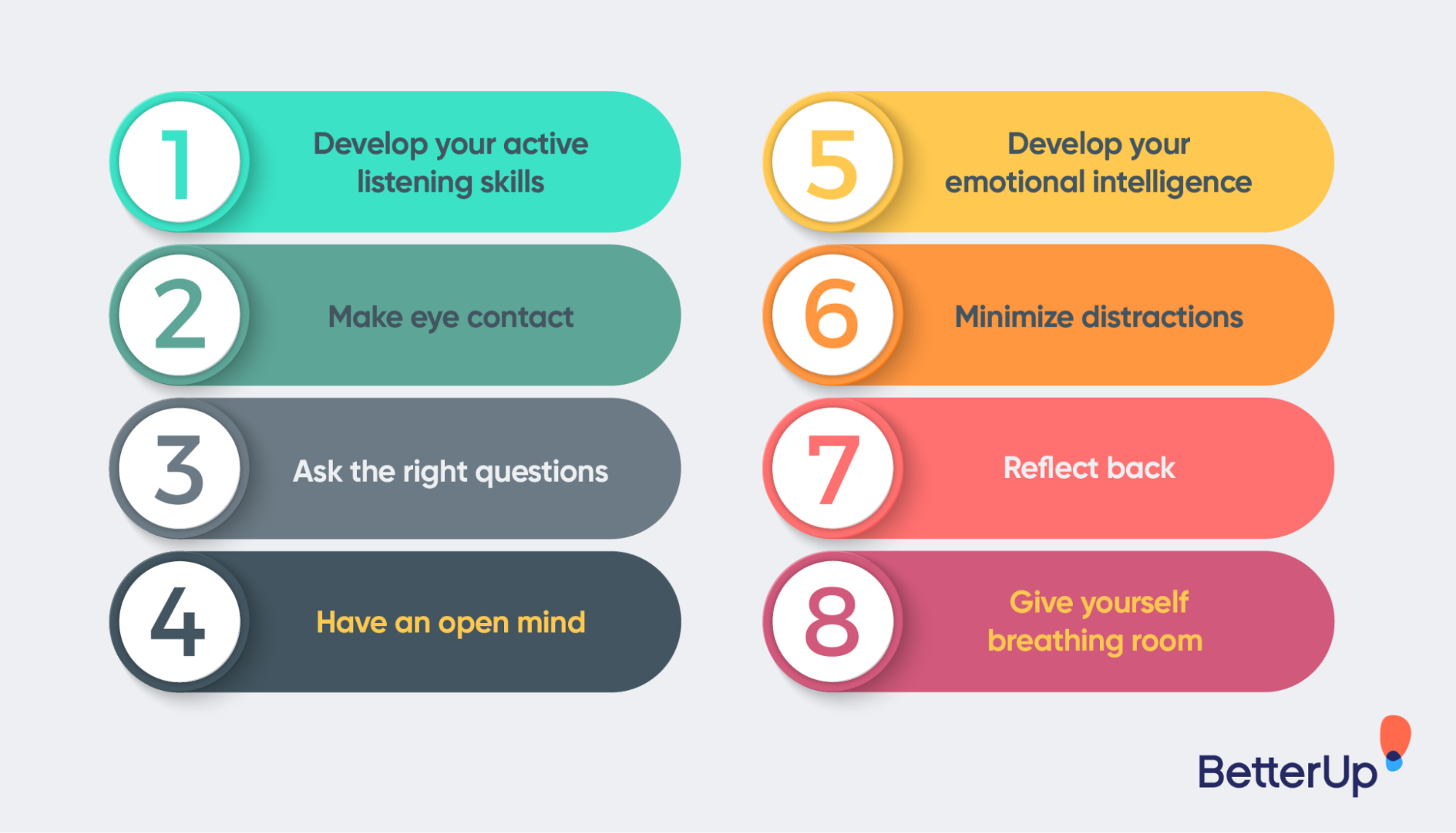

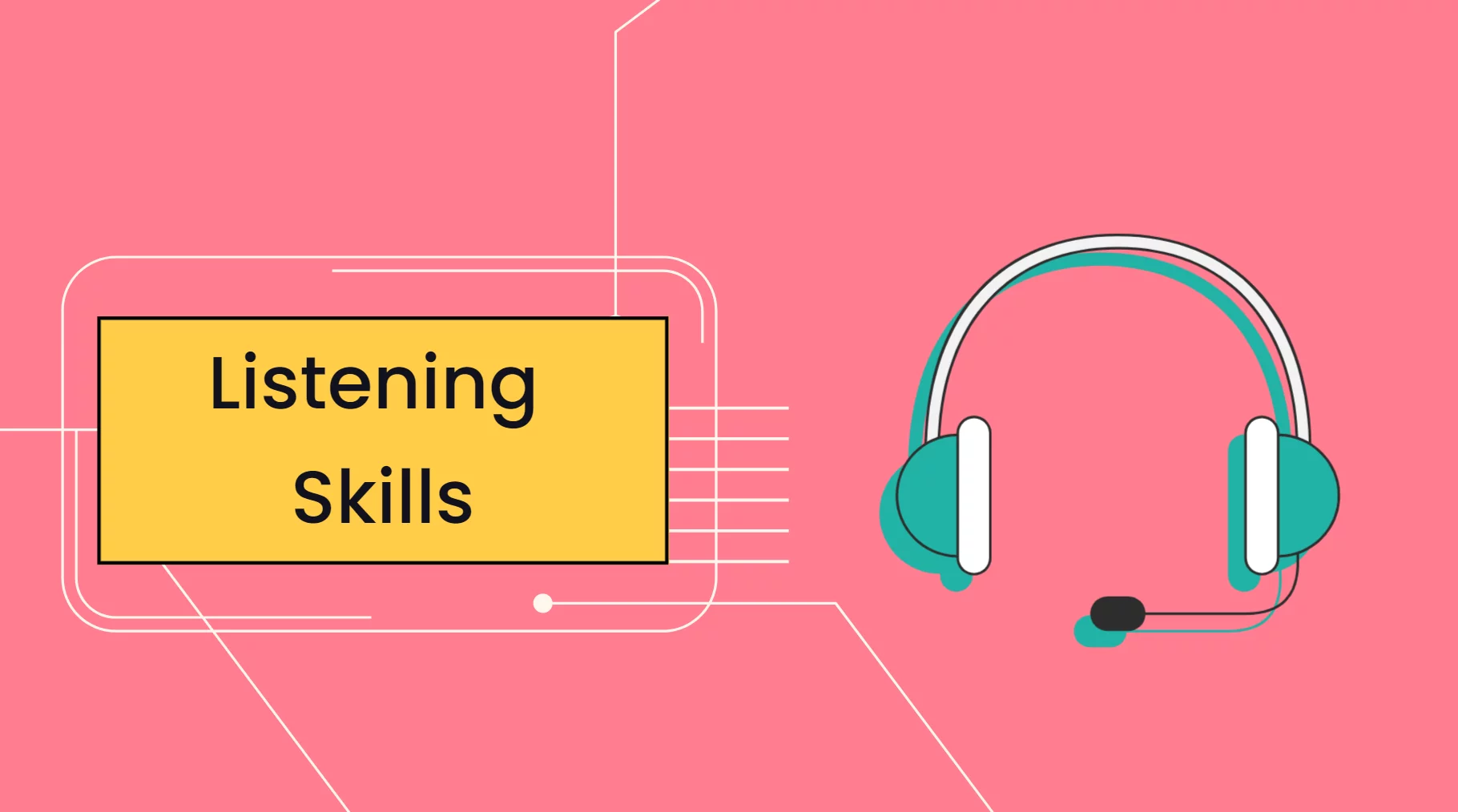


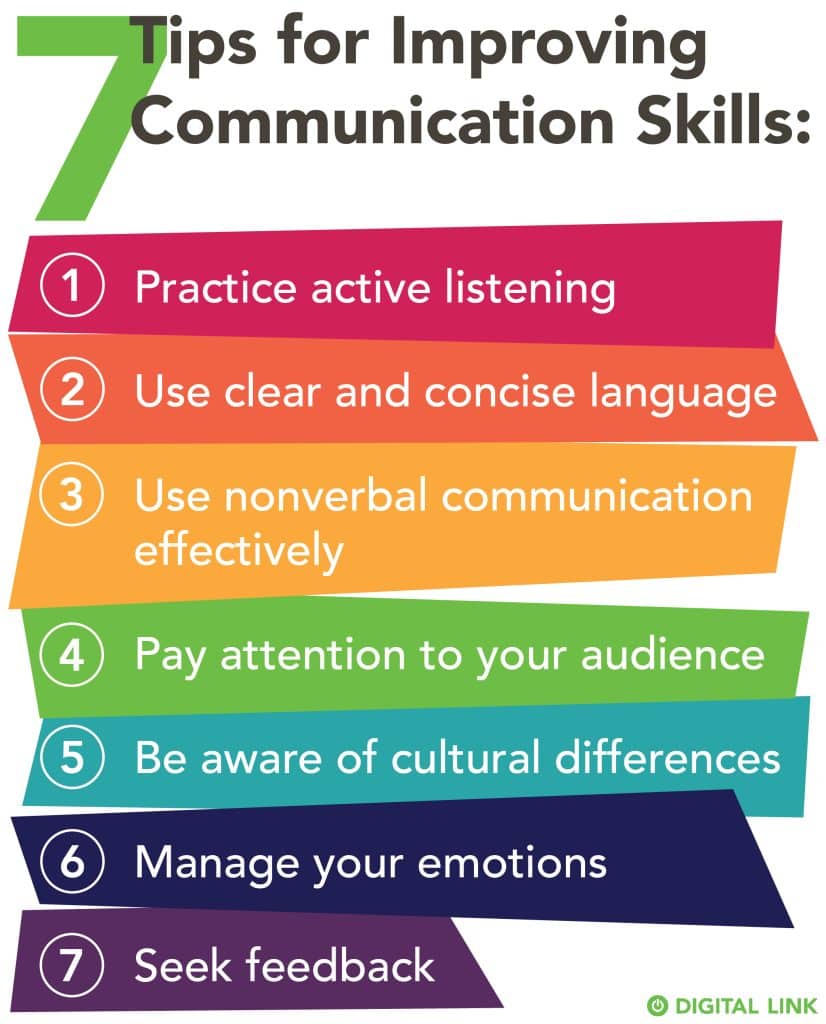
/types-of-listening-skills-with-examples-2063759-final-8f14b9ca8570480e8d129364cd322fc0.png)
